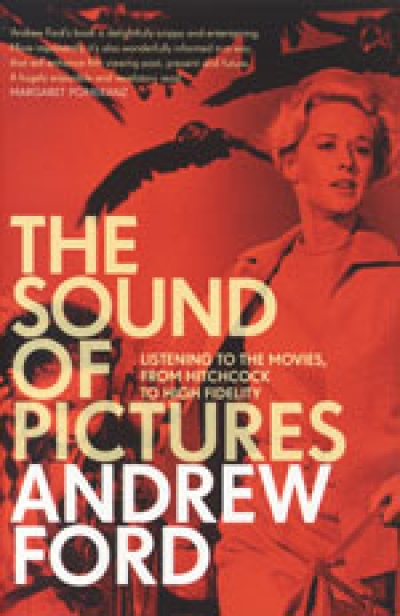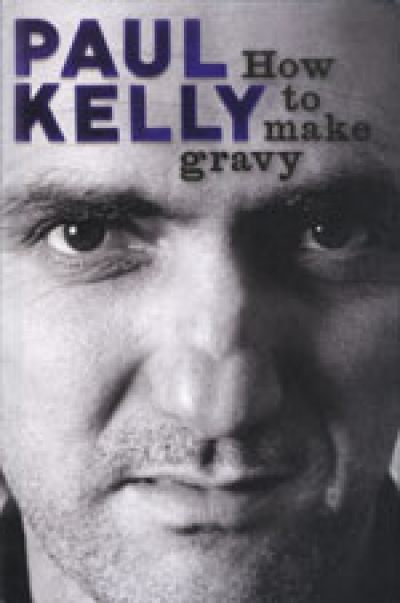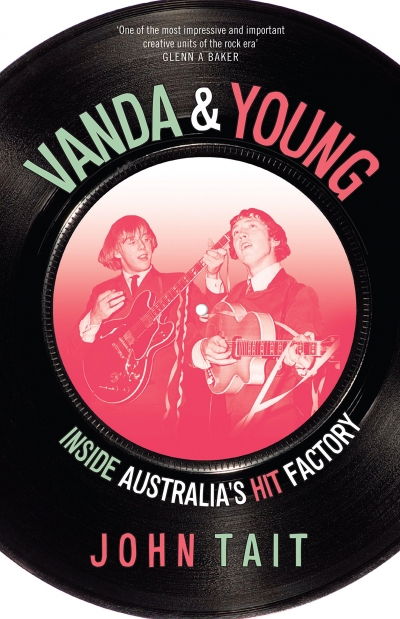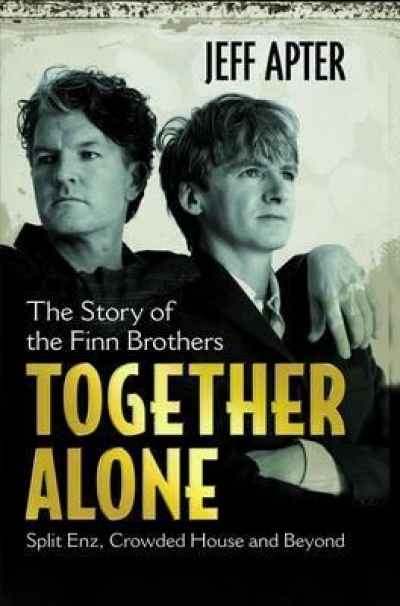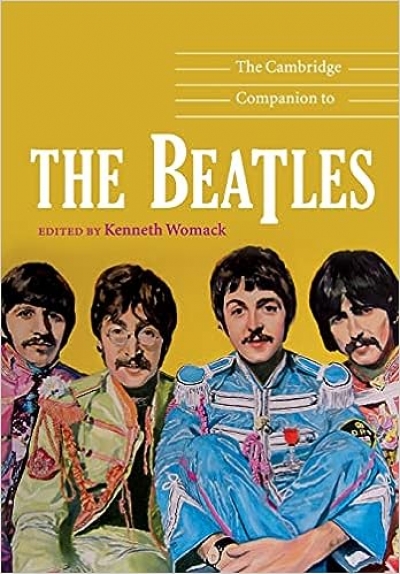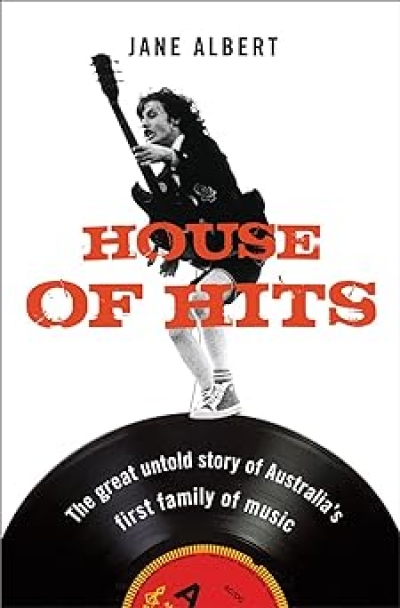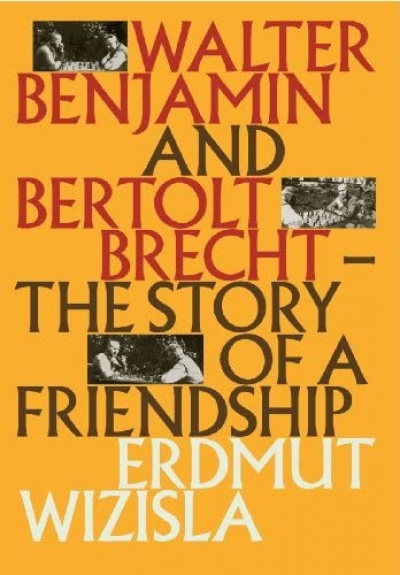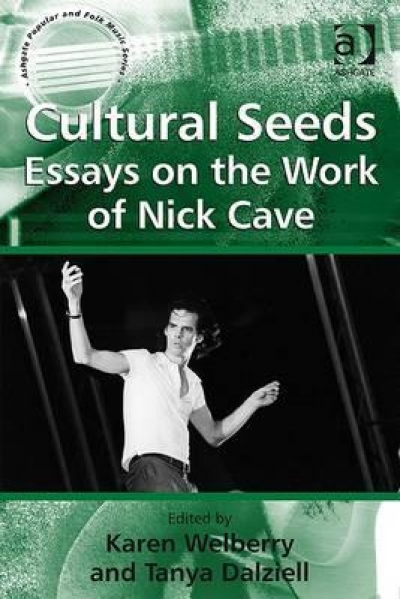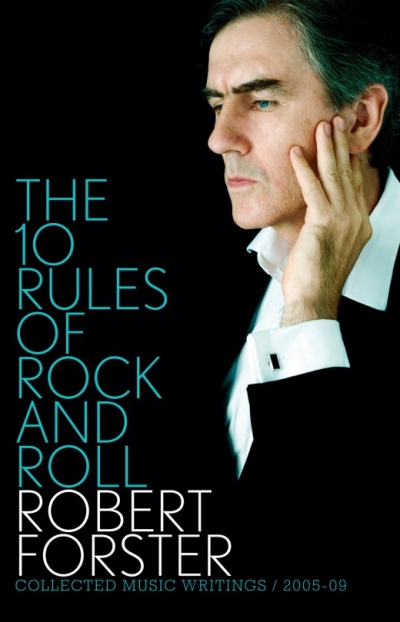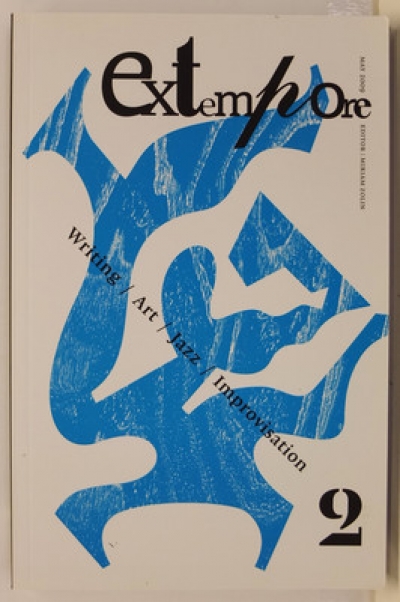Music
The Sound of Pictures: Listening to the Movies, From Hitchcock to High Fidelity by Andrew Ford
by Robert Gibson •
Vanda and Young: Inside Australia’s Hit Factory by John Tait & Behind the Rock and Beyond: The Diary of a Rock Band, 1956–1980 by Jon Hayton and Leon Isackson
by Jay Daniel Thompson •
Together Alone: The story of the Finn Brothers by Jeff Apter
by Dean Biron •
The Cambridge Companion to The Beatles edited by Kenneth Womack
by Linda Kouvaras •
Walter Benjamin and Bertolt Brecht: The Story of a Friendship by Erdmut Wizisla, translated by Christine Shuttleworth
by Michael Morley •
Cultural Seeds: Essays on the work of Nick Cave edited by Karen Welberry and Tanya Dalziell
by Paul Genoni •

